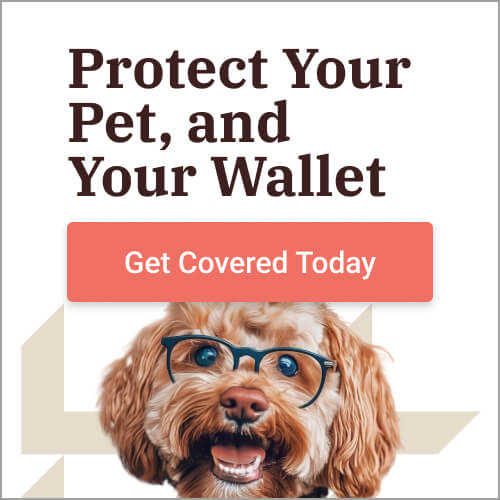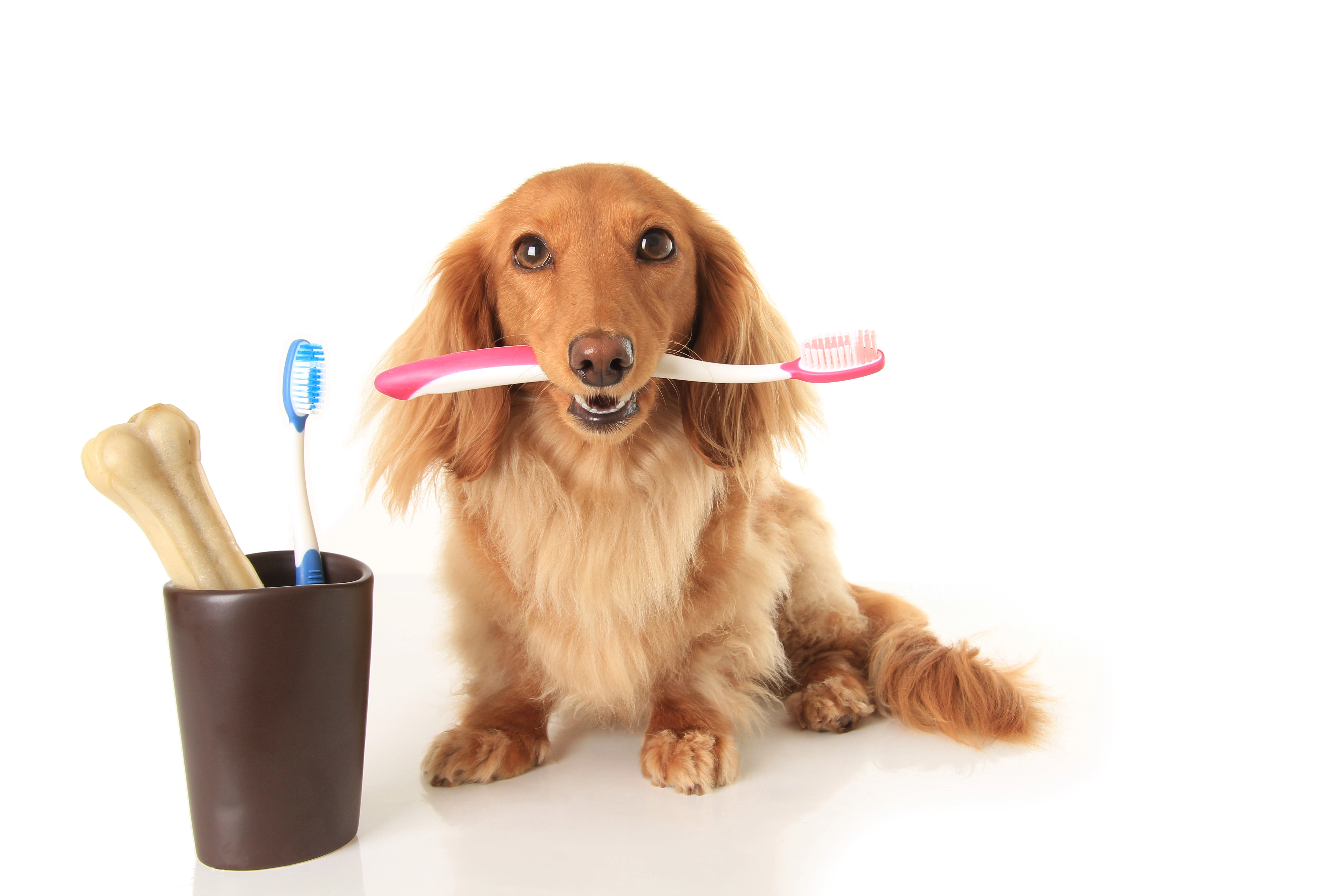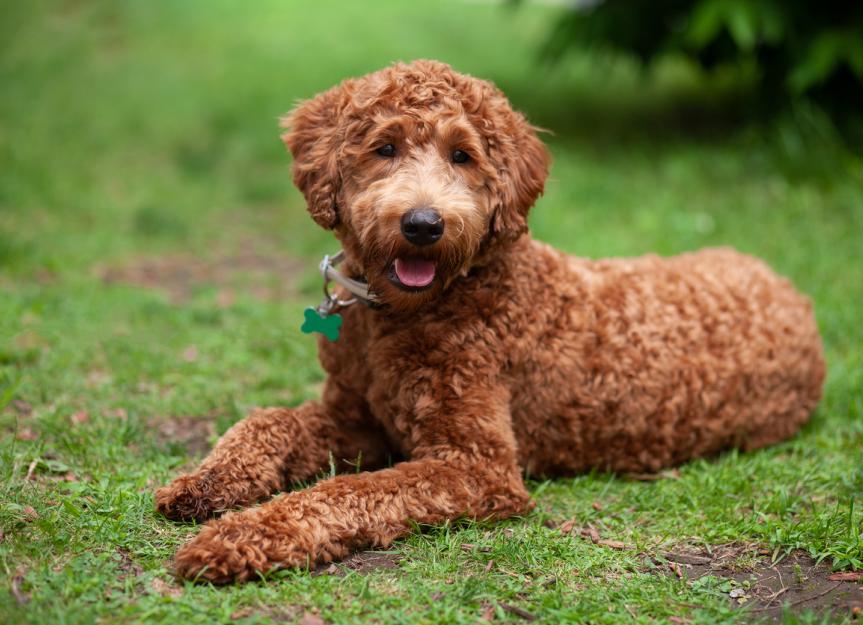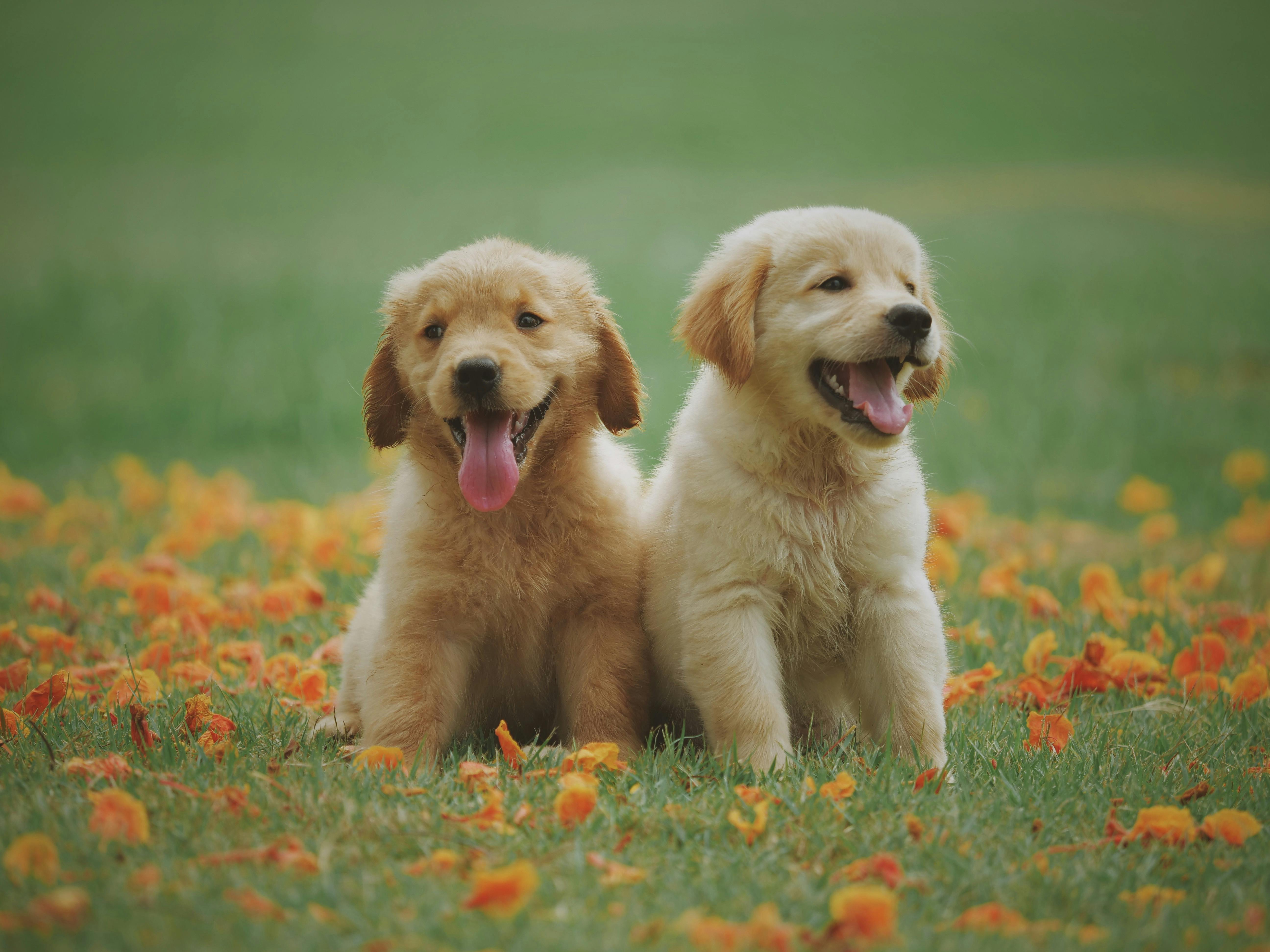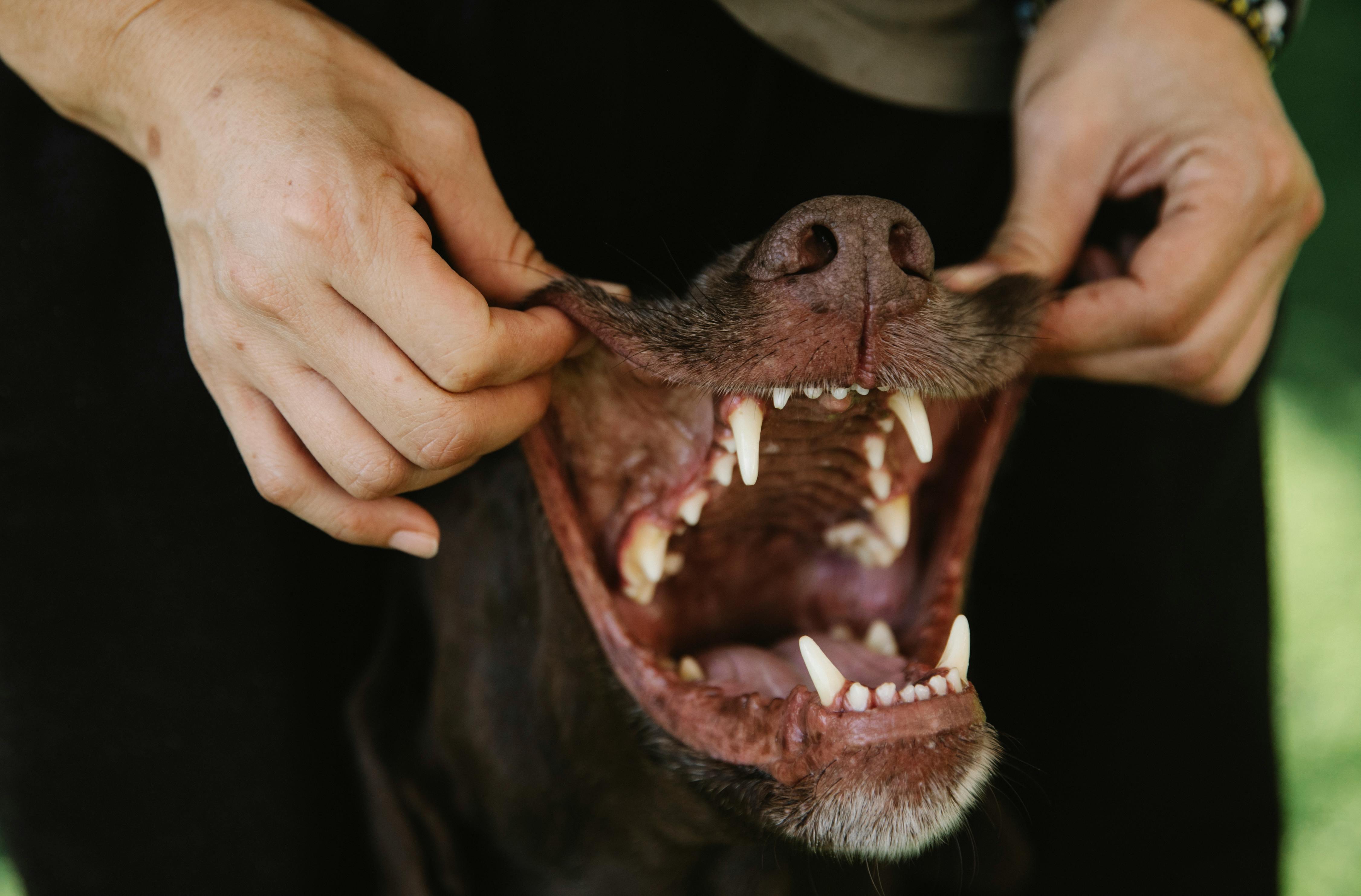Is Chewing Bad For My Dog's Dental Health?
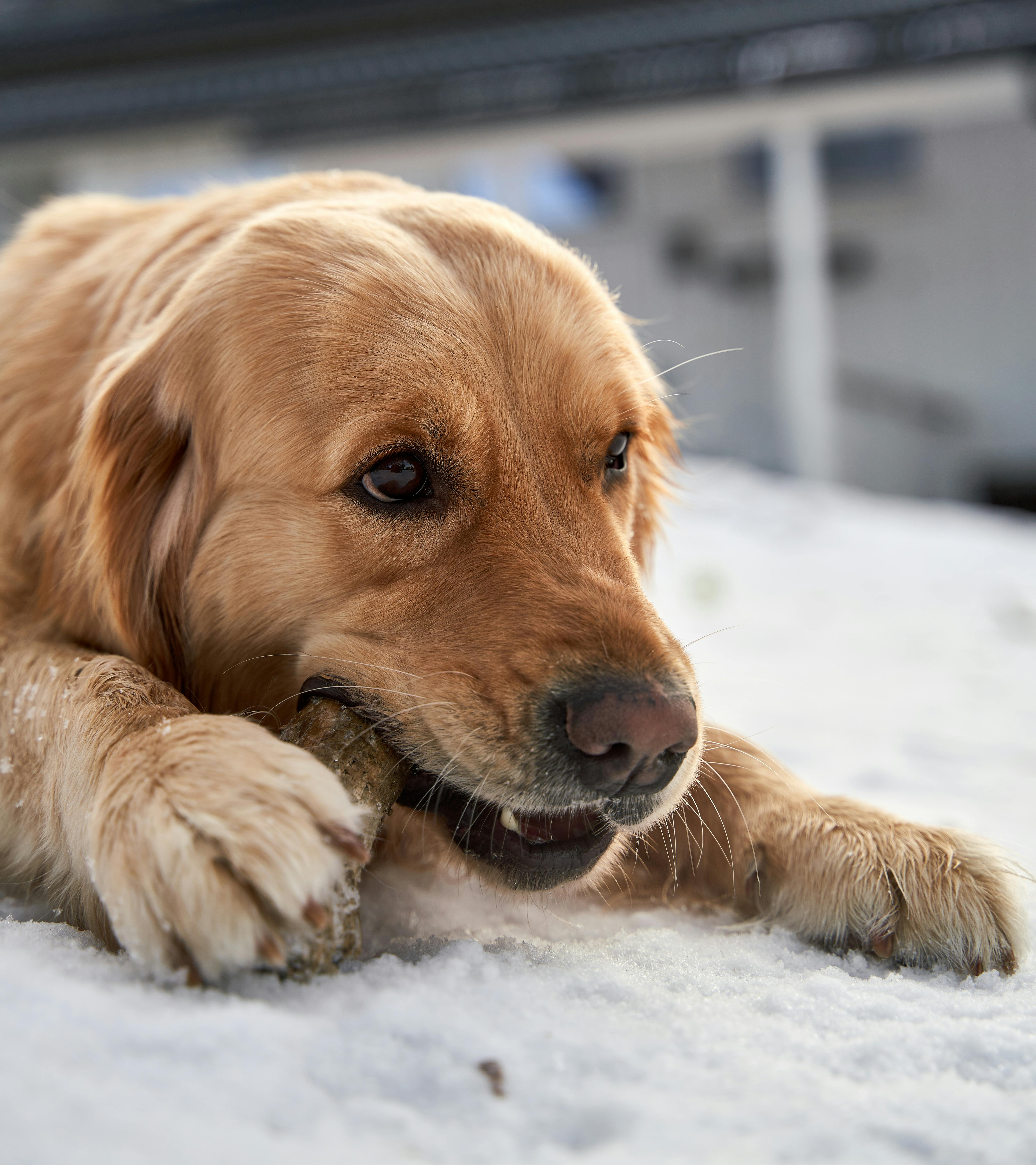
Whether chewing is beneficial or detrimental depends on the chewing type your dog engages with. In this article, we'll explore normal chewing behavior, its importance for dogs, and the potential problems associated with destructive chewing.
Normal Chewing: A Healthy Habit
Chewing is a natural and healthy activity for dogs. It's a crucial behavior for puppies during teething as it helps alleviate the discomfort of emerging permanent teeth. Adult dogs also benefit from chewing; each dog may have its own preferences. Some dogs may only require a suitable bone, non-hide chew, or toy to chew on occasionally, while others may engage in this activity more frequently. The frequency of chewing largely depends on your dog's individual needs.
Destructive Chewing: Identifying the Issues
Destructive chewing becomes problematic when your dog cheats on items that could cause harm or lead to a visit to the veterinarian. Even popular chew items like antlers may pose risks if your dog chews on them at awkward angles.
It's essential to select chews and bones that are easily digestible to mitigate potential hazards.
Let’s explore some popular digestible options to determine what suits your furry companion.
No-Hide Chews vs. Rawhide Chews
Rawhide Chews: These treats are derived from the inner layer of cow or horse hides and may contain beef, chicken, or liver flavorings. However, they are not easily digestible, which can cause concern.
No-Hide Chews: Designed as a safer alternative to rawhide, no-hide chews offer a long-lasting and easily digestible option free from animal hides. They are a better choice for your dog's stomach. These chews often contain chicken, chicken gelatin, brown rice flour, organic eggs, olive oil, banana, and bromelain (pineapple). No-hide chews stand as a superior alternative to bully sticks.
Safe dog chews and bones can be a helpful addition to dental cleanings to help maintain the results of recent cleanings. You can explore six dental chew brands we recommend to pet parents who bring their pets in for non-anesthetic dental cleanings.
Addressing the Root Causes of Destructive Chewing
It's important to note that underlying issues may lead to destructive chewing. These behaviors are not categorized as inappropriate chewing but are driven by factors such as stress or hunger. Before attempting to tackle issues stemming from chewing, consider these three potential causes of destructive chewing with your veterinarian's guidance.
Separation Anxiety: Dogs with separation anxiety often display signs of stress when left alone, which may include destructive chewing. Such behavior may be more pronounced when the dog is isolated.
Fabric Sucking: This compulsive behavior involves dogs sucking and chewing on fabrics like blankets. Early weaning from their mother might contribute to this habit.
Hunger: Dogs in search of nutrition may resort to chewing various objects.
Promote Safe Chewing Habits
It's essential to discourage inappropriate chewing habits in your dog. If your dog seizes an unsuitable item, such as an old chew, pinecone, or chicken bone, exchanging it for a more appropriate chew, such as a Kong toy, is crucial.
Dogs should be supervised when they use toys or bones to chew. Monitoring for choking hazards, including large pieces that might break off, is vital to ensure your dog's safety.
Get insurance plans with wide-ranging coverage options







